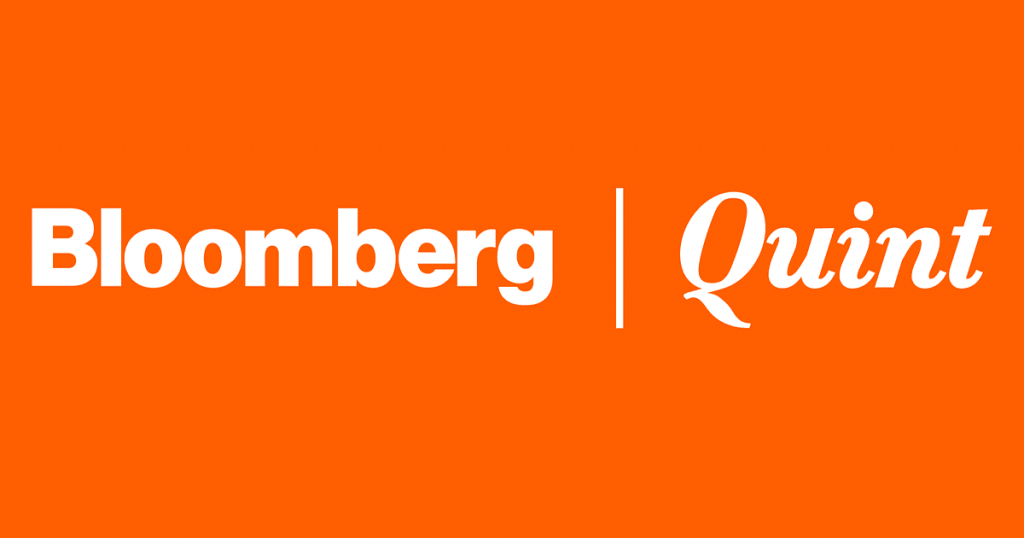(Bloomberg) — Tesla Inc. released its first report on Diversity, Equity and Inclusion via a blog post late Friday, statistics that Silicon Valley tech companies and banks on Wall Street have been sharing for years.
While the report showcases a heavy presence of minorities in its U.S. workforce, it highlights a lack of diversity with a predominantly male and White leadership team, and offers a peek into a relatively opaque structure without an organizational chart on its website that just lists four male executives as its only leadership.
“I’m thrilled to finally see it,” Kristin Hull, the founder and chief executive of Nia Impact Capital, a social impact fund based in Oakland, California, that invests in Tesla, said in a phone call Saturday. “It’s a step in the right direction. We need to know more about where Tesla is heading, and I’d like more granularity and to see targets and more specific goals set, particularly for company culture.”
Black and African-American employees represent 10% of Tesla’s U.S. workforce, but just 4% of managers at the level of director and above, according to the report.
“We know that our numbers do not represent the deep talent pools of Black and African-American talent that exist in the U.S at every level — from high school graduates to professionals,” Tesla said in the report. “Many of our programs in 2021 will focus on increasing Black and African-American representation, especially in leadership, while continuing the upward trend in new hires and promotions.”
Hispanic and Latinx employees form 22% of the U.S. workforce, and also just 4% of its management at the director level and above. However, Asian employees make up 21% of its U.S. workers and 25% of its senior management — skewing the ratio with two out of three minorities at the leadership level.
In terms of gender, another area Tesla said it’s seeking to improve, women represent 21% of Tesla’s U.S. workforce and 17% of directors and vice presidents.
“We are taking active steps to increase our outreach to women and build an inclusive culture that supports their development and retention,” Tesla said, adding that women made up about one in four of its new hires in the U.S. this year. “Increasing women’s representation at all levels, especially in leadership, is a top priority in 2021.”
Tesla, which is headquartered in Palo Alto, California, is known for its clean energy mission, sleek electric cars, fast-moving engineering culture and Chief Executive Officer Elon Musk. The stock has rallied more than 600% this year, buoyed in part by a widely anticipated decision by S&P Dow Jones Indices to include Tesla in the benchmark as of Dec. 21.
Tesla has faced high profile allegations of racial discrimination in recent years at its Fremont plant, where roughly 10,000 people work. In late 2017, a Black worker, Marcus Vaughn, filed a lawsuit saying the plant was a “hotbed of racist behavior.” Tesla responded to Vaughn’s case with a lengthy blog post titled “Hotbed of Misinformation” that said the company had investigated the alleged incidents and fired three people as a result.
The company has more than 60,000 employees globally and is hiring for numerous positions as it expands its global footprint and builds factories in Austin, Texas, and Berlin. In the U.S., Tesla operates an auto plant in Fremont, California, a battery plant near Reno, Nevada, and a solar facility in Buffalo, New York. When Tesla pitched local officials in Austin on the new factory, executives stressed the diversity of its workforce and eagerness to partner with local organizations and community colleges.
“We are proud to be a majority-minority company, and we are proud to report that our business reflects the underrepresented communities that have struggled to break through the roadblocks to equal opportunity,” according to the report.
It wasn’t immediately clear if Tesla’s definition of “workforce” was just full-time Tesla employees, or if it includes contractors and part time, seasonal sales staff in the figures. Tesla did not distinguish between engineering roles and that of sales, human resources, or legal employees. Kristen Kavanaugh, Tesla’s head of diversity, equity and inclusion, did not respond to a message seeking clarification.
Since 2014, workers have filed at least 145 complaints with California’s Department of Fair Employment and Housing alleging discrimination against Tesla on the basis of race, age, gender, disability, medical leave, pregnancy, sexual orientation, and national origin, according to a synopsis provided by the agency after a California Public Records Act request. This May, three other people alleged they were forced to quit because of their race.
Corporate America has been roiled by the #MeToo movement, which unmasked how deeply rooted sexual harassment is, as well as Black Lives Matter. Scores of companies have made policy changes and pledged to hire more Black and Latinx employees.
As part of its efforts, Tesla says it will recruit at Historically Black Colleges and Universities, or HBCUs, and has a relationship with Huston-Tillotson University in Austin as it prepares to launch Gigafactory Texas. The company is also expanding its internship program to “become our driving force in attracting diverse talent at our professional entry level.”
